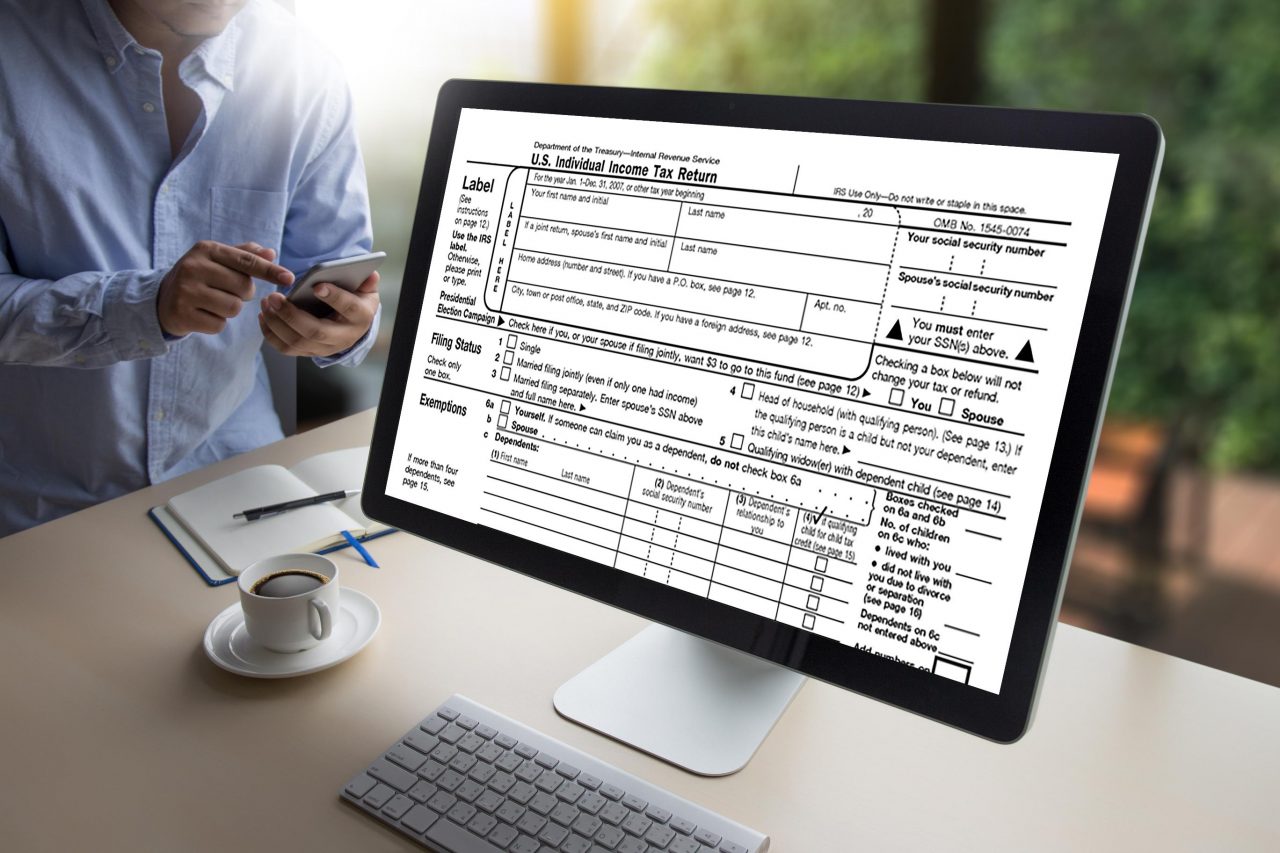On 30th March 2021, HMRC published its first crypto assets manual. A point to be noted is that this manual expands on and also replaces previous guidance provided.
Due to the success of the first decentralised cryptocurrency, Bitcoin (released 2009), whose market capitalisation increased from approximately $6.5 billion to $1 trillion in the last 5 years, the crypto assets manual provides a much-needed update of HMRC guidance as the market expands.
HMRC has confirmed in its crypto assets’ manual that:
- Most individual investors in crypto assets and cryptocurrencies will be subject to Capital Gains Tax (CGT) on gains and losses.
- Section 104 pooling applies for individuals, subject to the 30-day rule for ‘bed and breakfasting’. Different pooling rules apply for businesses.
- It will be rare to regard investing in crypto assets as trading, although ‘mining’ is likely to indicate a trading activity.
- Other tax treatments rather than trading or investment may need to be considered by companies such as loan relationships and the intangibles rules.
- A capital loss may be claimed in the event that a crypto asset becomes of negligible value. Evidence of any loss will need to be proved if the loss of the asset arises as a result of the accidental destruction of a private encryption key or fraud.
- Exchange tokens such as Bitcoin are located for tax purposes wherever the beneficial owner is resident.
- VAT may need to be considered.
- HMRC does not consider crypto assets to be currency or money.
Furthermore, we can also highlight some key principles from the manual for businesses:
- Trading:
- The use of cryptocurrencies as a form of exchange (i.e. exchange tokens) is permissible in the course of trade, therefore this may lead to a rise in corporation or income tax liability.
- For tax filing purposes, the value of the gain/loss will need to be converted into pound sterling in order to prepare a tax return.
- Chargeable gains:
- HMRC categorises exchange tokens as chargeable assets due to their capability of being owned and having a value that can be realised.
- A taxpayer holding crypto currency exchange tokens as an investment will be considered liable to pay CGT or corporation tax on any gains upon disposal.
- Employment tax:
- Employees receiving crypto assets as earnings are liable to income tax and NICs on the sterling value of the assets received.
- VAT:
- Businesses supplying goods and services in exchange for crypto assets are liable to account to HMRC for VAT for the sterling value of the exchange tokens at the point the transaction takes place.
- Stamp taxes:
- Stamp duty is defined as a tax that is charged on instruments that transfer “stocks or marketable securities” and HMRC’s view is that exchange tokens are unlikely to meet the definition of “stock or marketable securities”.
Transactions that involve cryptocurrency cannot be taxed in the same method as transactions made in sterling or an alternative foreign currency as HMRC does not consider cryptocurrency assets as money/currency.
Hence, it is essential that general principles are applied in order to establish whether a gain or loss has been made.
If you would like further advice on this matter, please contact one of our advisers.
Frontier Fiscal Services





